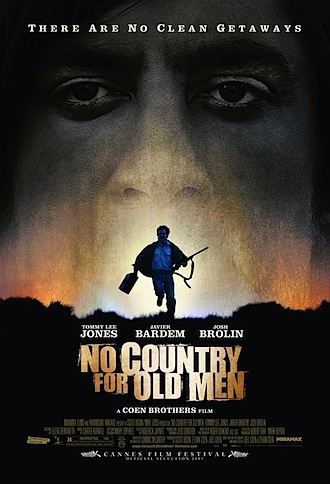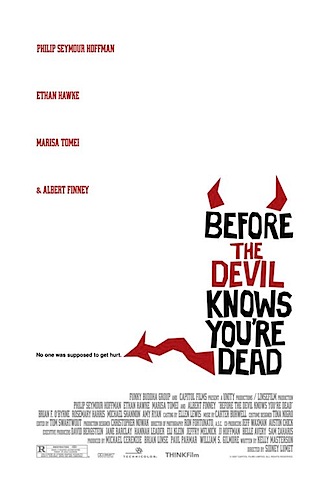Eat Pray Love is what they used to call, in the old days, a “women’s picture” and the advertisers who have paid good money to annoy audiences before the film…
Read More

Compelled once again by Christmas deadlines to sum up the year in cinema, I have been thinking a lot about how some movies stay with you and some don't, how…
Read More

This week I’ve had my intelligence insulted by the very best. Steven Spielberg is credited as Executive Producer of Eagle Eye, but if he spent more than one meeting overseeing…
Read More

Two films this week made by screen legends whose careers have settled in to something a little less than their glorious past. Sidney Lumet was making television drama when it…
Read More

In 1997 two young hotshots stunned the film world by winning an Oscar for Best Original Screenplay for their first produced script. Since then, Matt Damon and Ben Affleck have…
Read More
